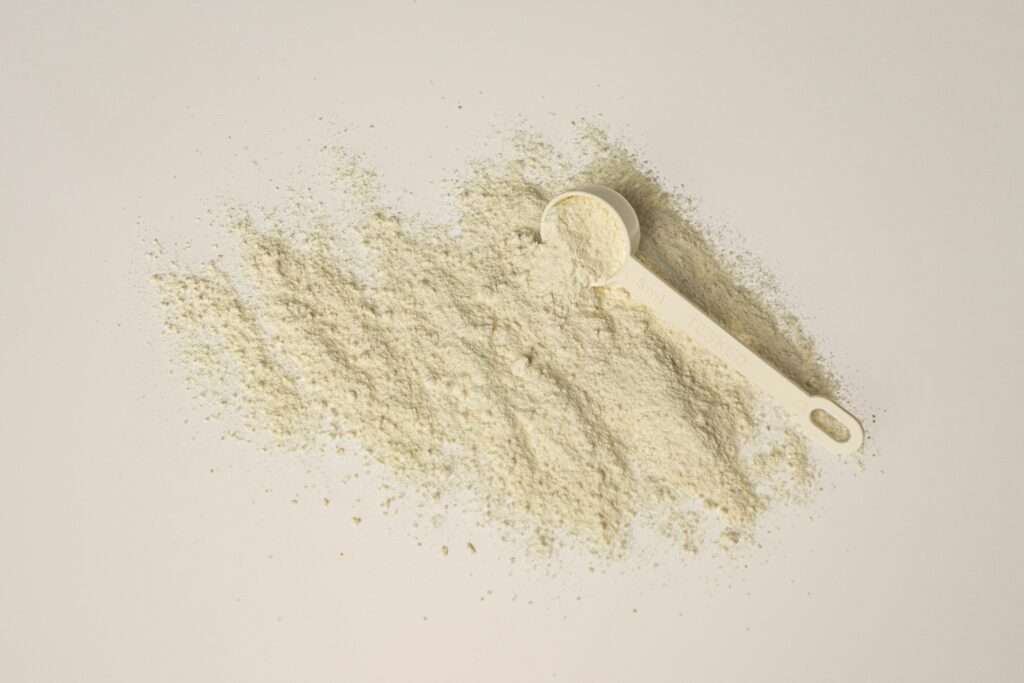Protein is a cornerstone of good health, offering benefits for your body, mind, and overall well-being. Whether you’re looking to build muscle, maintain a healthy weight, or simply feel more energetic, protein is essential. In this guide, we’ll explore the role of protein in your diet, how to incorporate it into your meals, and tips for achieving a balanced intake.
Some of the links in this post are affiliate links, which means we may earn a small commission if you make a purchase through them at no extra cost to you.
Why Protein Is Essential for Your Body
Protein is one of the three macronutrients, alongside carbohydrates and fats, and it plays a vital role in numerous bodily functions. From repairing tissues to producing enzymes and hormones, protein is a multitasking nutrient. Some key benefits include:
- Muscle Growth and Repair: Essential for those engaged in strength training or physical activities.
- Satiety and Weight Management: Protein keeps you fuller for longer, helping reduce unhealthy snacking.
- Metabolic Boost: Protein requires more energy to digest, slightly increasing your metabolism.
- Immune Support: It aids in producing antibodies to fight off infections.

How Much Protein Do You Need?
The recommended daily intake (RDI) of protein varies depending on factors like age, activity level, and overall health. On average:
- Sedentary Adults: 0.8 grams per kilogram of body weight.
- Active Individuals: 1.2–2.0 grams per kilogram of body weight.
- Athletes or Bodybuilders: Up to 2.2 grams per kilogram of body weight.
For someone weighing 70 kilograms (154 pounds), this means consuming anywhere from 56 to 154 grams of protein daily. While these are general guidelines, consult with a healthcare provider or nutritionist for personalized advice.
Protein-Rich Breakfast Ideas
Starting your day with a protein-packed breakfast can set the tone for sustained energy and focus. Here are some examples:
- Greek Yogurt with Berries and Nuts: 100 grams of Greek yogurt contains approximately 10 grams of protein, making it a delicious and nutritious choice.
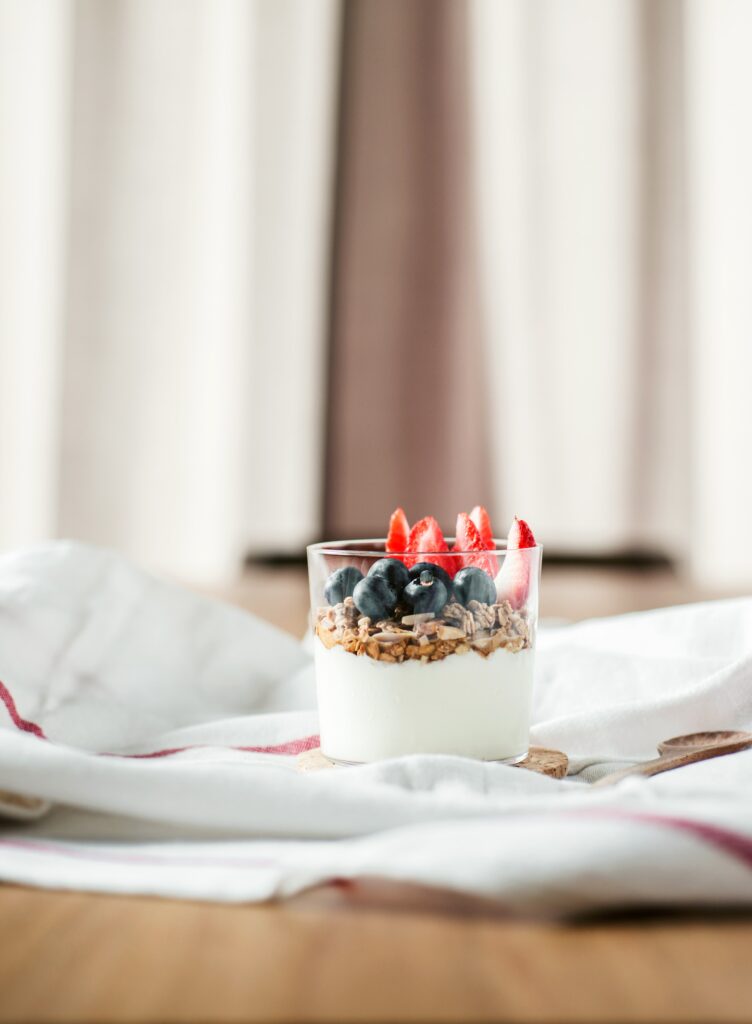
- Eggs on Whole-Grain Toast: Two large eggs provide about 12 grams of protein. Add some avocado for healthy fats.
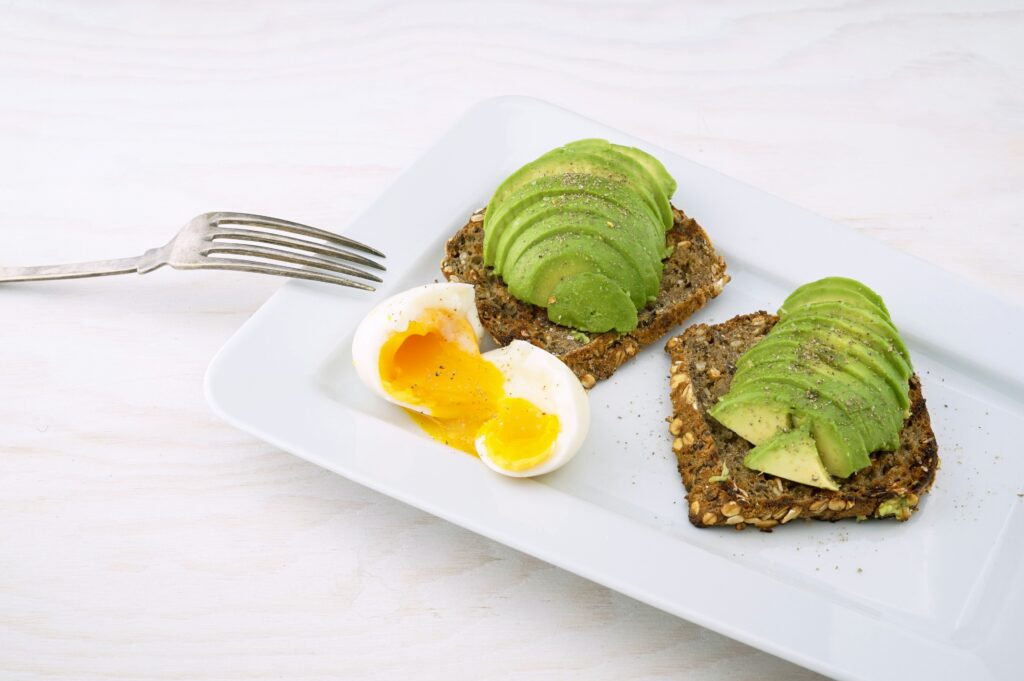
- Protein Smoothie: Blend a scoop of protein powder (recommended product: Garden of Life Organic Protein Powder) with almond milk, spinach, and frozen fruit for an easy 20-gram boost. Blend in style with Ninja Fit Compact Personal Blender (Amazon)
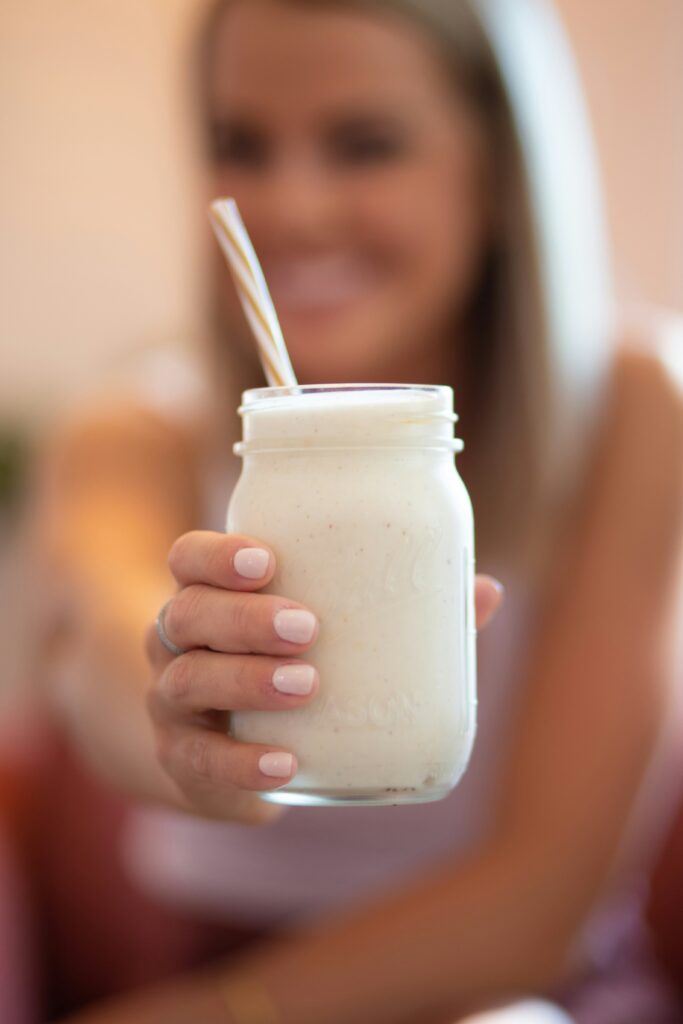
- Overnight Oats: Combine half a cup of rolled oats with half a cup of milk (or a dairy-free alternative), a tablespoon of almond butter, and a teaspoon of chia seeds. Leave it in the fridge overnight. By morning, you’ll have a creamy, protein-packed breakfast with approximately 15–20 grams of protein.
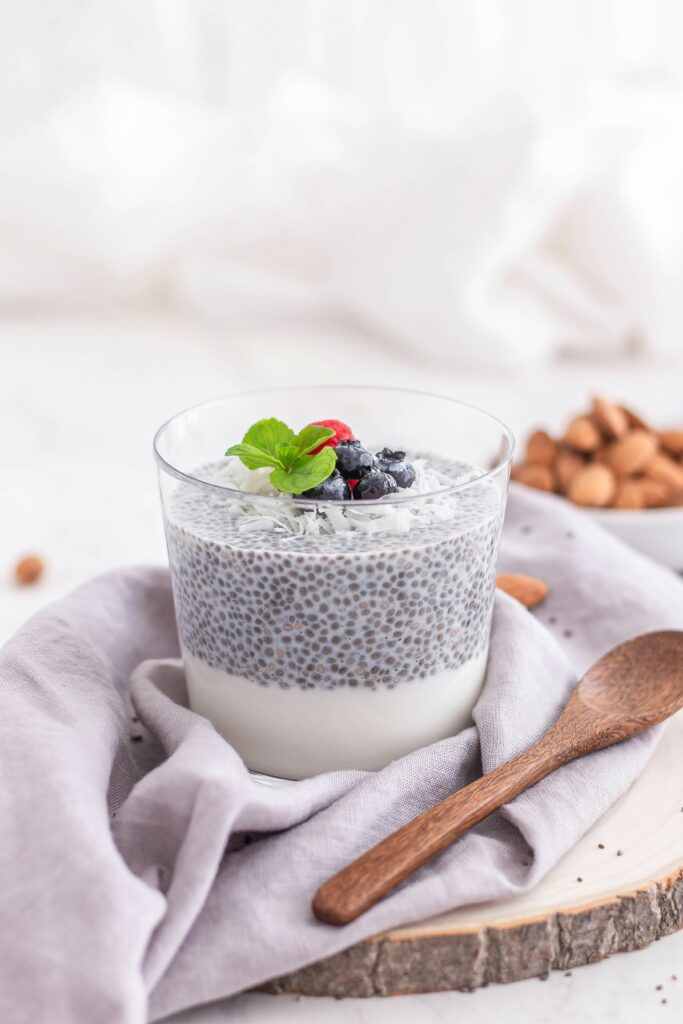
Note: Protein content may vary depending on factors like brand, preparation methods, and specific conditions. Always check nutritional labels for accuracy.
Tips for Reaching Your Protein Goals
While hitting 100 grams of protein daily isn’t necessary for everyone, it’s a good benchmark for active individuals. Here’s how you can reach it:
- Balance Your Meals: Include a protein source in every meal, such as chicken breast, tofu, or lentils.
- Snack Smart: Keep high-protein snacks like boiled eggs, cheese sticks, or a handful of almonds handy.
- Incorporate Protein Supplements: Products like Optimum Nutrition Gold Standard Whey (Amazon) can be an easy way to boost intake.
Sample Protein-Rich Meal Plan 1
- Breakfast: Greek yogurt with berries (15 grams)
- Lunch: Grilled chicken salad (30 grams)
- Snack: Protein bar (recommended product: Pure Protein Bars Low Sugar, Gluten Free, Chocolate Peanut Caramel (Amazon), ~20 grams)
- Dinner: Baked salmon with quinoa and steamed broccoli (35 grams)

Sample Protein-Rich Meal Plan 2
- Breakfast: Scrambled eggs with spinach and cheese (20 grams)
- Lunch: Beef stir-fry with mixed vegetables and brown rice (40 grams)
- Snack: Cottage cheese with cucumber slices (15 grams)
- Dinner: Turkey and cheese lettuce wraps with a side of hummus (25 grams)

Sample Protein-Rich Meal Plan 3
- Breakfast: Protein smoothie with a scoop of whey protein, banana, and almond butter (30 grams)
- Lunch: Grilled tofu with roasted sweet potatoes and asparagus (25 grams)
- Snack: Hard-boiled eggs with a handful of almonds (15 grams)
- Dinner: Seared shrimp with zucchini noodles and a side of avocado (35 grams)
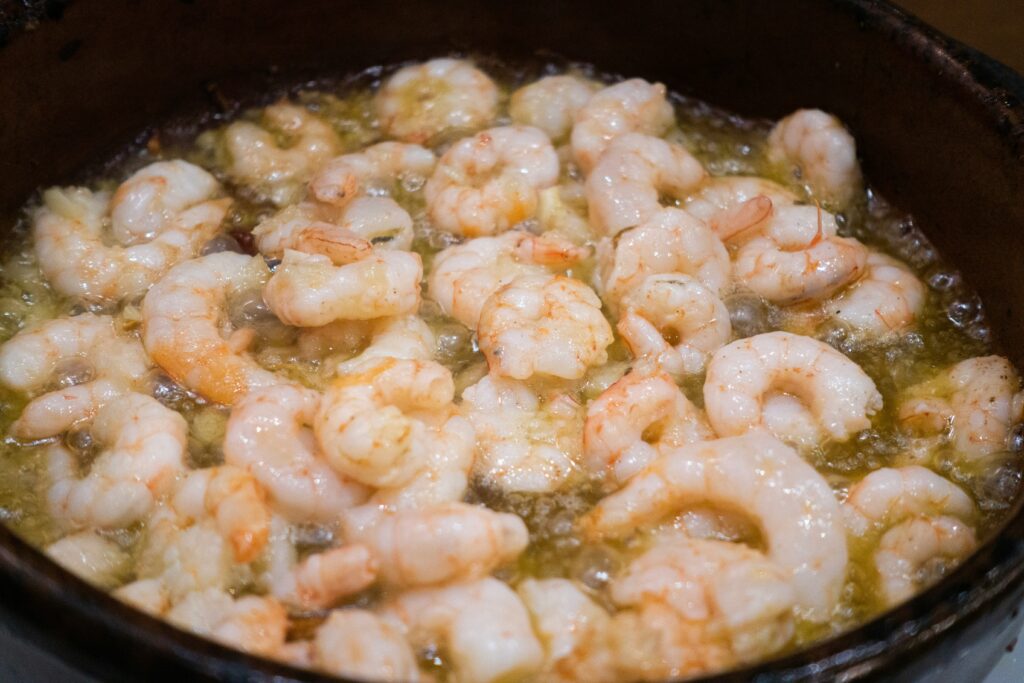
Health and Lifestyle Benefits of Protein
Beyond fitness and weight management, protein supports:
- Healthy Skin, Hair, and Nails: The building blocks of keratin and collagen.
- Enhanced Recovery: Essential for those recovering from surgery or injury.
- Hormonal Balance: Regulates key hormones, including those involved in appetite and mood.
- Longevity: High-protein diets may help preserve muscle mass and strength as you age.

Conclusion
Protein is an essential nutrient that supports a healthy, active lifestyle. From energizing your mornings to boosting your workouts, it offers countless benefits. By incorporating a variety of protein sources and maintaining a balanced intake, you can unlock the full potential of this dietary powerhouse.
Follow Us on Pinterest
For more nutrition tips, meal ideas, and healthy lifestyle inspiration, follow us on Pinterest here. Discover ways to make wellness a part of your everyday routine!
Affiliate Disclosure
As an Amazon Associate, My Healthy Health earns from qualifying purchases. We only recommend products we believe will support your journey to optimal health.

